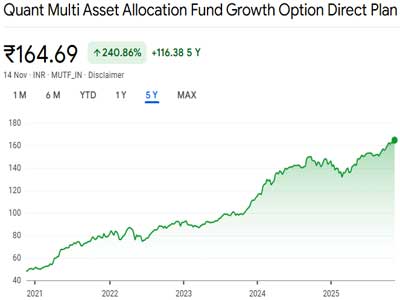In every region except North America, geopolitical instability is seen as the biggest short-term threat to business for the fourth year running, according to the 2025 Oxford-GlobeScan Global Corporate Affairs Survey.
Three-quarters of senior executives interviewed cite geopolitical risks as their greatest concern, driven by ongoing conflicts in the Middle East and Europe and rising East-West tensions.
The research found, 76 per cent of corporate affairs practitioners ranked geopolitical risk as their top concern, up from 47 per cent five years ago. All regions of the world report this as their top risk, except the US, where macroeconomic risks attached to Donald Trump’s return to the presidency and new tariffs are cited as today’s primary risk to businesses.
Rupert Younger, Director of the Oxford University Centre for Corporate Reputation and one of the authors of the report, commented: ‘It is, perhaps, unsurprising that geopolitics has continued to dominate the corporate affairs agenda in this year’s survey. Corporate affairs professionals operate on the front line of these issues within corporations, being asked to identify emerging risks and develop corporate positioning and engagement approaches that meet the requirement for clarity in often very uncertain environments.’
Chris Coulter, one of the authors of the report, added: ‘What this has meant is that corporate affairs executives have had to address strategic governance questions spanning withdrawal from certain parts of the world to corporate diplomacy. In addition to the focus on geopolitics and macro-economic factors, the other standout finding is that corporate affairs professionals recognise the power inherent in using AI much more strategically across their functions.’
Based on the views and insights of 245 senior corporate affairs professionals, the research finds geopolitical risk and uncertainty stand out as the dominant issues in most regions outside of the US.
However, the report suggests political populism and social division are now recognised by respondents as ‘established realities’ rather than cited as causes of concern. ‘Since 2020, the perception that political populism poses a business risk has been steadily rising. Interestingly, this concern has grown for business in general, but fewer respondents this year view it as a high-level threat to their organisations,’ stated the report authors.
In North America, respondents maintain that macroeconomics is the greatest business risk, driven largely by the turmoil from tariffs, with geopolitical concerns close behind. Across all countries surveyed, the research finds macroeconomic disruption is the second most-cited business risk.
According to the report, ‘Political divisions over the role of business and the increased use of tariffs have contributed to macroeconomic volatility becoming the second most-cited risk. Regulatory pressures have also surged, especially in Europe, where standardisation and compliance expectations are tightening. These changes are reshaping the risk landscape across industries and geographies.’
Climate change is cited as the third most pressing concern in every region, except Asia-Pacific, where respondents express comparatively higher concern about the impact of AI and emerging technologies.
Conversely, AI is seen as one of the ‘greatest opportunities’ for business elsewhere in the world. Respondents reported that, over the next two years, opportunities in AI are seen as emerging in three key areas: leveraging innovation and AI, advancing sustainable growth strategies, and driving economic growth and upliftment.
According to the authors, ‘Corporate affairs practitioners view emerging technologies, particularly AI, as essential for maintaining competitiveness, improving efficiency, and future-proofing operations, although functional usage is still basic and tactical. Sustainable growth strategies have also gained traction, rising in priority across all regions.’
Despite the continuing concerns over climate risk, the research finds that changing political agendas have had an impact on attitudes toward the Environmental, Social, and Governance agenda.
‘ESG priorities are shifting under political pressure, especially in Western markets. Climate change, diversity and inclusion, and governance still top the ESG agenda, but a split is emerging. Some companies are stepping back from public DEI commitments due to populist backlash, while others are doubling down,’ said the authors.
There appears to be a refocusing of the business agenda. Corporate affairs seems to be refocusing on trust, stakeholder engagement, and reputation strategies. In response to growing uncertainty and political polarisation, the function is reportedly returning to human-centred fundamentals such as direct stakeholder engagement and proactive communication.
Corporate affairs teams are increasingly collaborating with senior leaders, especially the CEO and Board, but continue to face challenges in clearly articulating their value to the broader business.
According to Anneke Greyling, Director at GlobeScan, there is a noticeable difference in the ESG landscape if one compares the Global North and Global South: ’In regions such as Europe and North America, corporate affairs professionals feel the backlash against ESG far more than in the Global South.
In the Global North, corporate affairs professionals are also reporting higher political resistance to ESG. In the Global South, it seems as if the momentum remains positive, and hence, commitment levels remain high. ESG is becoming more contested, but growing resistance to it is far from universal.’


















Related Items
When treatment becomes a profit-driven business…
Financial concerns affect electricity usage more than environmental…
Path to a self-reliant India amid global trade conflicts…